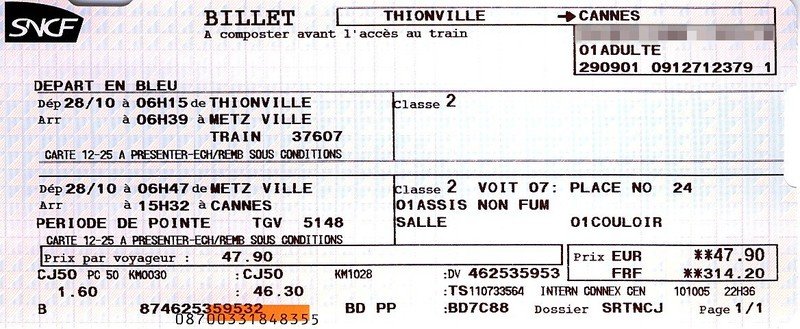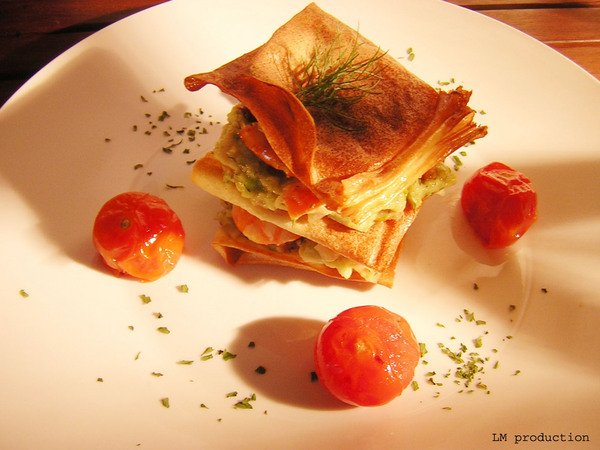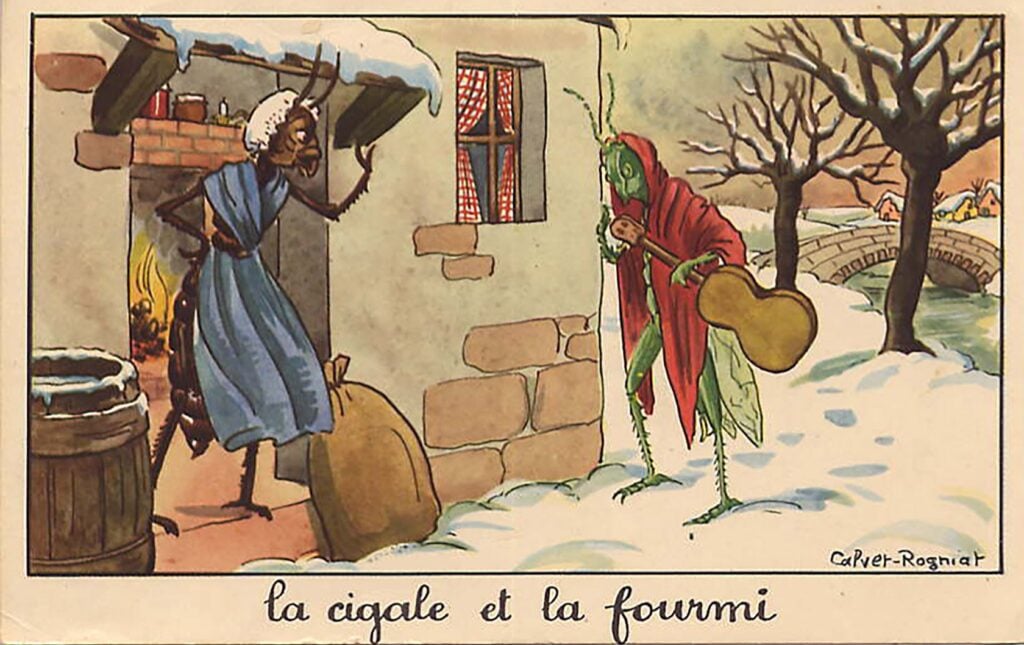Our children make fun of my French grammar mistakes all the time. Our son Olivier jumps on me: “Mom, can’t you get it right?? It’s LA grenouille not LE grenouille!” OK, so a frog is female. Our soft-hearted daughter Alexia is kinder to me: “Mom, remember that table is always feminine; it’s LA table, not LE table.” I’ve told them that my brain has cooked in the errors and they’ll just have to live with them.
I got a good laugh out of my latest faux pas yesterday! I was booking a one way Eurostar ticket from Paris to London — stupid me for doing it on loudspeaker. The Eurostar reservationist asked if it was a round trip: “un aller-retour, Madame?” I replied: “No, sens unique s’il vous plait.” Everyone present started to giggle and I realized my mistake. Sens unique literally means “one way” — but as in road signs and one way streets.
That’s not how you say you say a One Way Ticket! I should have said “Un aller simple” or “A simple go.” So now the team is calling me “Madelyn du Sens Unique” or “One-way madders” …
These phrases are called “Faux Amis” in French or False Friends. It’s fascinating how many there are!
Here are a few common mistakes I’ve made over the years:
1.) A classic mistake we make in restaurants is confusing the word for entrée with the main course.
- In French an entrée means the first, or starter course of a meal –(or hors d’hoeuvres — but that is an old fashioned phrase).
- So say entrée for your first course and say plat principal for your main dish!
2.) To order dinner, you would say “J’aimerais commander” or “Je voudrais commander” and not “Ordonner.” Ordonner means to command.
3.) Éventuellement means possibly, not eventually or finally: “J’irai éventuellement au supermarché” — “I’ll possibly get to the supermarket.”
To say “I eventually cleaned out the closet” it’s “J’ai finalement rangé mon placard.”
I found an interesting article about French Faux Amis here. Have you made similar “lost in translation” mistakes? If so, please share them with us!









Loved this post! I made the mistake of referring to my puppy’s dog school instructor as the “bat man” instead of the “bald” man. I said chauve-souris instead of chauve. Ooops! But my French husband has a lot of fun ones in English, mostly just pronunciation errors but hey, learning is fun!
Bonjour!
Some little corrections here 🙂
1. One Way Ticket = un aller simple
2. We say “Entrée” or Hors d’Oeuvre (but we rarely use that one) for a starter course
3. “Plat principal” for main course (not entree)
4. To order dinner, you say “J’aimerais commander” or “je voudrais commander”
5. To say “I eventually cleaned out the closet” it is ”J’ai finalement rangé mon placard.”
I know, our language is tricky, but is sounds so romantic though, right ? 😉
Kind regards,
Philippe
Oh no … thanks, Diane, for sharing your faux amis experience! It is those memorable moments that make learning another language so fun. 🙂
Bonjour Philippe! Thank you for your French corrections. I have updated them … still learning all the fine points of this beautiful language! 🙂
I did wonder about Madelyn’s entree for the main course. That is the common mistake that Americans make. They have the entree and main reversed.
My Parisian friends have given up with me! They say I have my very own French. I am hopeless.
Christian Constant and I have these ‘great’ conversations. We see each other on the street all the time. He refuses to learn English and my French is pretty non existent. It is quite funny. I tell Catherine about it all the time, for some good laughs. C’est la vie!
As I was reading the interesting article I was a little surprised, because it was NOT how I use the term entrée and not how I was taught. I always thought it unusual that in America we called the main course the “entrance”. I always tell my students that is just something we have taken and used in error. The following is copied from an Internet site describing the differences:
In France, the modern restaurant menu meaning of “entrée” is the course that precedes the main course in a three course meal, i.e. the course which in British usage is often called the “starter” and in American usage the “appetizer.” Thus a typical modern French three course meal in a restaurant consists of “entrée” (first course, starter (UK), appetizer (U.S.)) followed by the “plat” or “plat principal” (the main course) and then dessert or cheese. This procession is commonly found in prix fixe menus.
Loved the article, but entree is definitely the first course in a French restaurant… that’s why so many Americans get confused because here entree is the main course….
Bonjour!
I once said “Je suis pleine” when I had eaten too much at dinner! Uh oh! Dinner had really not made me pregnant!
Dear Madelyn,
I share your pain; learning a new language is difficult after the age of 2 or so.
You still don’t have it quite right – an “entree” in France is the starter course. The
“plat ” is the main course.
EW
A faux ami linguistically is an English word which when treated as French is incorrect — like if you said preservatif for preservative when it means condom.
Send unique is just a literal translation that’s wrong, but it’s not really a classic faux ami